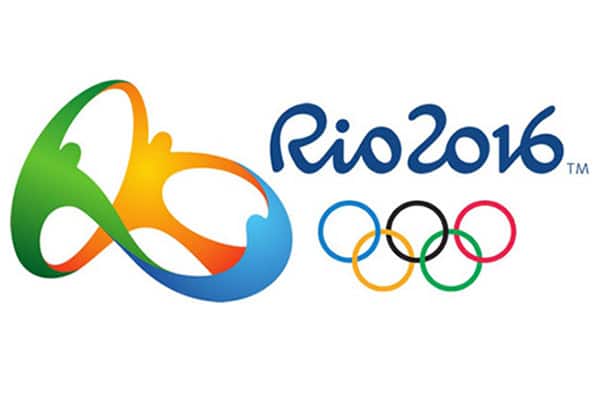Life
Gold Plated Illusions

In keeping with ritual every four years, India’s abysmal performance at the just concluded Olympic Games in Rio de Janiero has led to much hand wringing across the country. Indian athletes won just two medals — one silver and one bronze — and the world’s second most populated country ranked a dismal 67 on the global tally. The number of medals India won dropped by two thirds and the country slipped 12 ranks from the last Olympic Games in London.
For all the national uproar, India’s Rio record is par for the course. In the 23 Olympics in which the country has participated since 1920, it has won a total of just 28 medals — averaging roughly one medal per Game.
Nevertheless, Indians demonstrate Olympic-sized touchiness on the subject. Author Shoba De was roundly denounced after she mocked the Indian team’s record on Twitter, writing, “Goal of Team India at the Olympics: Rio jao. Selfies lo. Khaali haat wapas aao. (Go to Rio. Take Selfies. Return empty handed) What a waste of money and opportunity.”
In response to the national humiliation, Prime Minister Narendra Modi has established a task force to develop a comprehensive action plan for “effective participation” by the country in the Olympic Games in 2020, 2024 and 2028.
The national obsession with India’s performance in the Olympics is misdirected. The country’s energies and resources are better channeled toward far greater priorities — alleviating poverty, expanding sanitation services, building infrastructure, etc.
To be sure, the country should encourage sports and expand opportunities for its best athletes, and hopefully some of them will become Olympic stars. But directing scarce national resources to winning international medals is a singularly foolhardy indulgence.
The Olympics, like all global sports, are a commercial sham. The Games have historically advantaged Western sports and ignored indigenous ones. Rugby and handball make the sports list, but kabaddi and gulli danda don’t. Field hockey, in which India once dominated, has been transformed with a shift to turf, which Indians, unlike their Western counterparts, have a hard time accessing. Crass commercialization of sports has fostered a culture and economics of celebrity, which entirely bypasses developing countries and offers unfair advantages to athletes from rich countries, who are able to leverage their technological and resource advantages.
The national focus ought to be not on international performance, but on ensuring the effective utilization of the scarce resources that are directed at sports. Pruning the sports bureaucracy would be a good start. At the Rio Olympics, millions of dollars were squandered on officials and babus with little understanding of sports, who partied at national expense.
Indeed, far more embarrassing than the performance of athletes, was the threat by Olympic organizers to revoke the accreditation and access privileges of India’s sports minister Vijay Goel and his entourage for muscling into unaccredited areas and their boorish conduct. Sarah Peterson, Continental Manager for Rio 2016 Organizing Committee wrote: “We have had multiple reports of your Minister for Sports trying to enter accredited areas at venues with unaccredited individuals. When the staff try to explain that this is not allowed, they report that the people with the Minister have become aggressive and rude and sometimes push past our staff.”
These are the very people who are now being tasked with strategizing and scripting India’s gold plated illusions for the next decade.

You must be logged in to post a comment Login